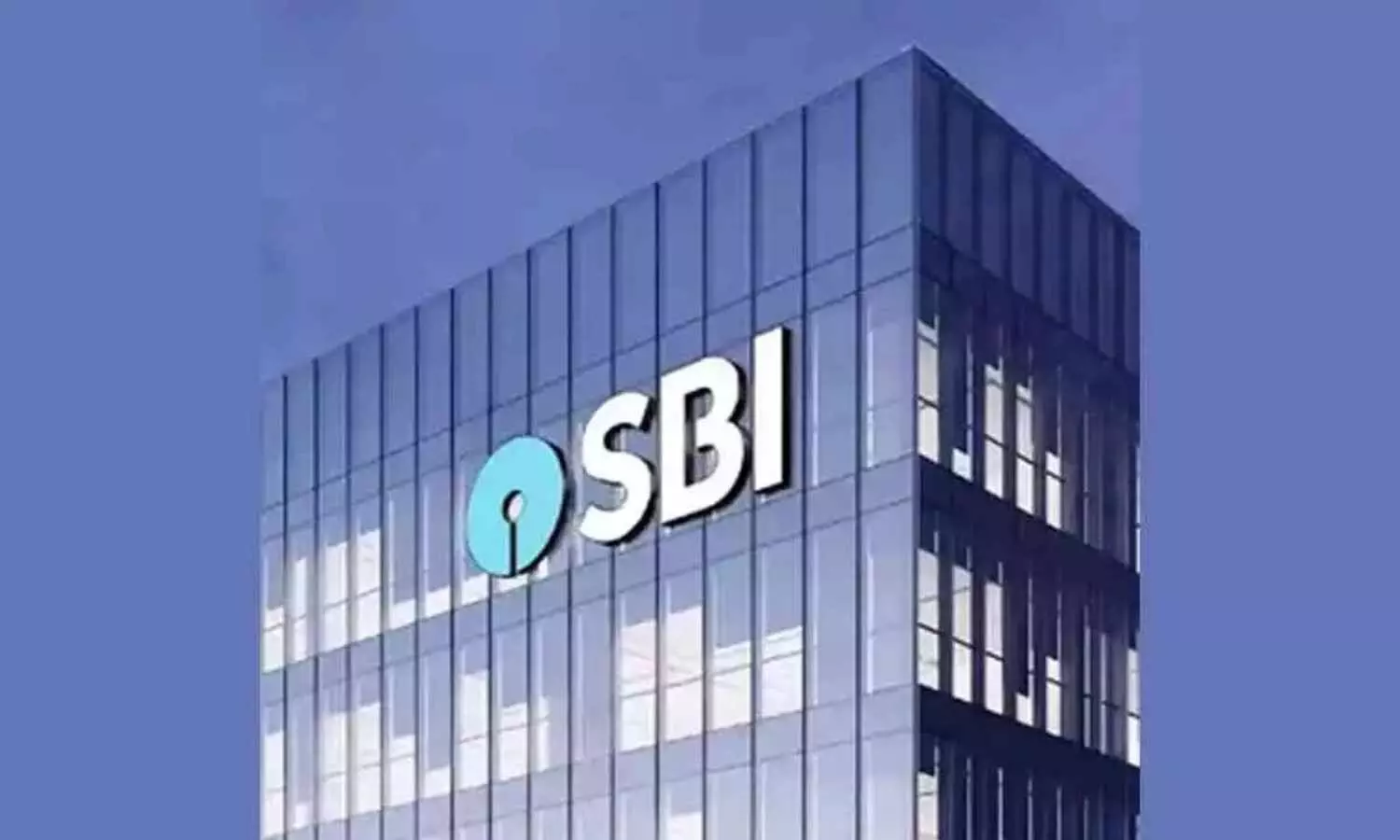SBI refuses to name big loan defaulters after 67% haircut
SBI refuses to reveal names of major loan defaulters even after taking a 67% haircut on settlements, citing confidentiality under the SBI Act, sparking transparency concerns.
SBI refuses to name big loan defaulters after 67% haircut

Mumbai, Jul 21
The country’s largest lender, State Bank of India has outrightly refused to share information—even with one of its own shareholders—about large defaulters who owed Rs100 crore or more, and the recoveries made from the loans written off for these borrowers.
However, the bank has admitted that it took a substantial haircut of around 67 per cent—amounting to Rs 96,588 crore—while settling 279 loan accounts worth Rs1,44,967 crore through the national company law tribunal (NCLT) over the past seven years, as per a report by Moneylife.
The information was sought by Pune-based activist Vivek Velankar, who is a shareholder of SBI. In 2020, SBI had parted with this information only when he demanded the information as a shareholder’s right, but not under the Right to Information (RTI) Act.
Velankar, a shareholder of SBI who is also president of Pune-based Sajag Nagrik Manch, on May 23, sent an email before the bank’s annual general meeting held on June 13. He had asked the bank to provide a list of the borrowers whose loans above Rs100 crore are technically written off during each financial year since FY16-17 to FY24-25, along with the written-off amount. He also asked SBI to provide a list of defaulters whose loans were settled through NCLT between FY17-18 and FY24-25.
However, SBI denied providing a list of borrowers whose loans of Rs100 crore and above were written off by it from FY16-17 to FY24-25 as well as loans settled through NCLT during FY17-18 and FY24-25.
As per section 44 of the SBI Act 1955, the bank is not permitted to disclose any information relating to the affairs of its customers. borrower's name, account number and total amount cannot be shared, SBI said in its response to the shareholder's query.
Talking to Bizz Buzz, Velankar says, “When the banks are convinced that the defaulter is not going to repay the loan back to them, banks take the particular defaulters to NCLT. Then a resolution is passed in NCLT.”
SBI has taken up such 279 defaulters in last 8 years to NCLT for a total amount of Rs 1,44,967 crores. Finally, SBI agreed to settle the loan amount at 67 per cent loss in the name of hair-cut. It is pure loss to the bank to the tune of crores of rupees, he said.
They (SBI) could recover only 33 per cent of the amount of the mischievous defaulters after going to NCLT. In spite of this, the bank is not ready to divulge the defaulters’ names, quoting confidentiality clause in loan agreement. On the other hand, the same bank publishes property sale advertisements in newspaper with names and addresses of small defaulters who could not repay home loans to the tune of few lakhs, he said.
Why banks are doing this discrimination is probably bank senior officers and directors’ role in disbursement of loans to big defaulters should not get exposed, he asked.
The Insolvency and Bankruptcy Code (IBC) was touted as a game-changing legislation by a strong government to staunch the haemorrhaging of bank loans. The bankruptcy law now allows the same secured lenders to close these loans with massive write-offs or haircuts.
Surprisingly, in 2020, SBI had shared the list of names of big defaulters with Velankar. However, after that, it continues refusing to provide the information to its shareholders.
When debts are written off, they are removed as assets from the balance sheet because the bank does not expect to recover payment.
This practice is frowned upon by experts but is routinely followed by banks as part of their tax management clean-up process. The beneficiaries are invariably some of our biggest industrialist defaulters.
In contrast, when a bad debt is written down, some of the bad debt value remains as an asset because the bank expects to recover it.
Such write-offs also debunk the aggressive posturing by the government and policy-makers about their so-called recovery efforts.
MV Hariharan, ex-treasury head, SBI says, “Customer details are invariably and mandatorily confidential. While big loan defaulters definitely grab headlines and eyeballs, a sweeping indictment of Banks and their staff is unfair, unwarranted and avoidable.”
As per the guidelines issued by RBI and the policy approved by banks' boards, NPAs, including those in respect of which full provisioning has been made on completion of four years, are removed from the balance sheet of the bank concerned by way of a write-off.
EoM.

